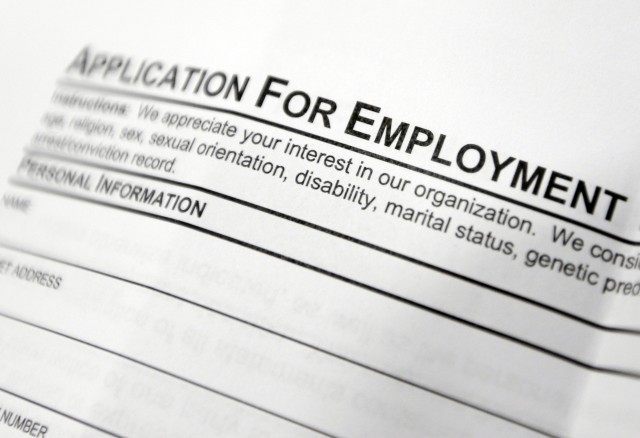
Ask most business owners and they’ll tell you: complicated, burdensome regulations are one of the biggest impediments to job growth. But instead of cutting through this job-killing red tape, employers are only getting entangled in it further.
Nowhere is this more evident than with the regulations created by the Dodd-Frank Act and its centerpiece, the Consumer Financial Protection Bureau (CFPB). Last month marked the fifth anniversary of Dodd-Frank, and so far its rules have imposed more than $24 billion in regulatory costs and 61 million paperwork burden hours on businesses.
At the same time, the CFPB, a federal agency tasked with going after “bad actors” in the financial services industry and protecting consumers from “unfair, deceptive, or abusive acts or practices,” has shown a willingness to zealously enforce its goals regardless of whether it has solid data or the necessary statutory authority to carry out its actions.
Consider how it’s gone after racial discrimination in auto lending. Lenders who provide car loans can’t ask a borrower’s race, so the CFPB can’t simply look at loan document to determine whether a lender may potentially be offering higher rates or less favorable terms to minority borrowers. To get around this, the CFPB created a system in which it estimates borrowers’ races based on zip codes and last name.
That methodology has been seriously questioned—a study commissioned by the American Financial Services Commission compared the agency’s data with data collected on mortgage applications (which do allow applicants to self-report race and ethnicity). The study found that the CFPB only correctly identified a borrower as African-American 24% of the time. These measurement errors mean it’s very likely the agency significantly inflated the number of cases of illegal discrimination.
Such flawed data hasn’t stopped the agency from going after auto lenders for racial discrimination. Ally Financial, for instance, paid nearly $100 million to settle such charges. Ironically, CFPB regulations like these have their heaviest impact on small lenders, which disproportionately provide minorities with loans, exacerbating the lack of financial capital already available to minorities.
Using bad data to fine businesses is bad enough, but now consumer-focused non-profits want the CFPB to flex its regulatory muscles and go above and beyond the powers Congress gave the agency.
In a recent op-ed, a director at the Pew Charitable Trusts wrote, “Can the CFPB effectively move beyond areas where it was specifically instructed to take action… The bureau’s long-term reputation — and perhaps the overall success of Dodd-Frank — may well be judged on whether the answer is ‘yes.’”
The op-ed goes on to call on the agency to limit the amount financial institutions can charge for services without squeezing consumer access to credit. Essentially, he’s calling for the agency to breed unicorns.
Businesses have to have a way to earn a profit for the services they provide. Rules issued by CFPB (and other federal agencies) limiting the amount companies can charge for products force them to either find new ways to make that money or offer fewer services to fewer consumers. That means businesses have less credit available to expand and consumers have less money to spend on our products.
Dodd-Frank and the CFPB were supposed improve things for consumers and businesses, but imposing byzantine rules restricting credit simply isn’t a way to create the well-paying jobs Americans need.
Alfredo Ortiz is President and CEO Of Job Creators Network.








